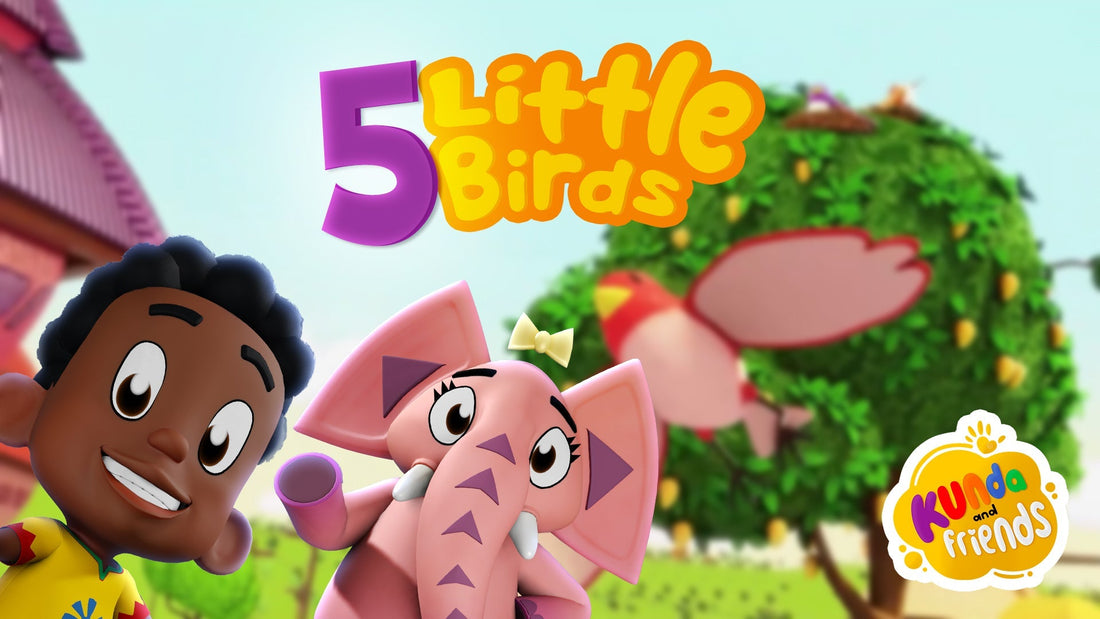
We're in California for the AfroAnimation Summit!
We’re back from sunny Burbank, California—and absolutely buzzing with inspiration! This June, Kunda & Friends had the honour of being represented at Afro Animation Summit 3.0, a powerful annual gathering that champions diversity in global animation and brings Black and Brown creators together to shape the future of storytelling.
As Producer of Kunda & Friends, I had the pleasure of joining studios, networks, and trailblazing talent from across the world. Over two packed days, I connected with teams from Netflix, Sony Pictures Animation, Nickelodeon, WildBrain, Triggerfish, and more—all united in one mission: to spotlight new voices and bring underrepresented stories to life on screen.
Why It Matters
Representation in children’s animation is still shockingly low. Just 10% of characters in children’s content come from underrepresented backgrounds—and when it comes to Black and African characters, the numbers are even lower. All too often, when Africa does appear in animation, it’s through animals or mysticism—not everyday stories of real children living joyful, meaningful lives.
At Kunda Kids, we’re changing that narrative. With vibrant storytelling, heartfelt music, and themes like friendship, confidence and empathy, Kunda & Friends shows what life looks like for African children today—playful, loving, and full of possibility. We imagine an Afrofuturistic world that’s rooted in real places, real families, and real cultures. This is the Africa we know and love.
A Summit of Hope and Momentum
Afro Animation isn’t just a summit—it’s a movement. To hear from creative legends like Peter Ramsey (Oscar-winning director of Spider-Man: Into the Spider-Verse) was a true highlight. He reminded us that animation is at its best when it tells the truth—and that resonated deeply with our own mission at Kunda Kids.
We were also proud to see African studios front and centre, including Kolanut Productions and Fye Network, alongside creators from Kenya, Nigeria, Uganda, Zimbabwe, Egypt and more. The energy in the room was electric—proof that the future of animation is African, global, and gloriously diverse.
What’s Next
We left Afro Animation feeling empowered, energised, and more committed than ever to amplifying African voices in children’s media. Our seat at the table isn’t a token—it’s a statement. A promise. That the next generation of kids will grow up seeing themselves reflected in the stories they love.
To everyone we met, collaborated with, and were inspired by—thank you. We’ll see you next year, with even more to celebrate.
With love and vision,
Team Kunda Kids 💛
For media and press enquiries, contact:
Beth Catchpole | beth@adiapr.co.uk
